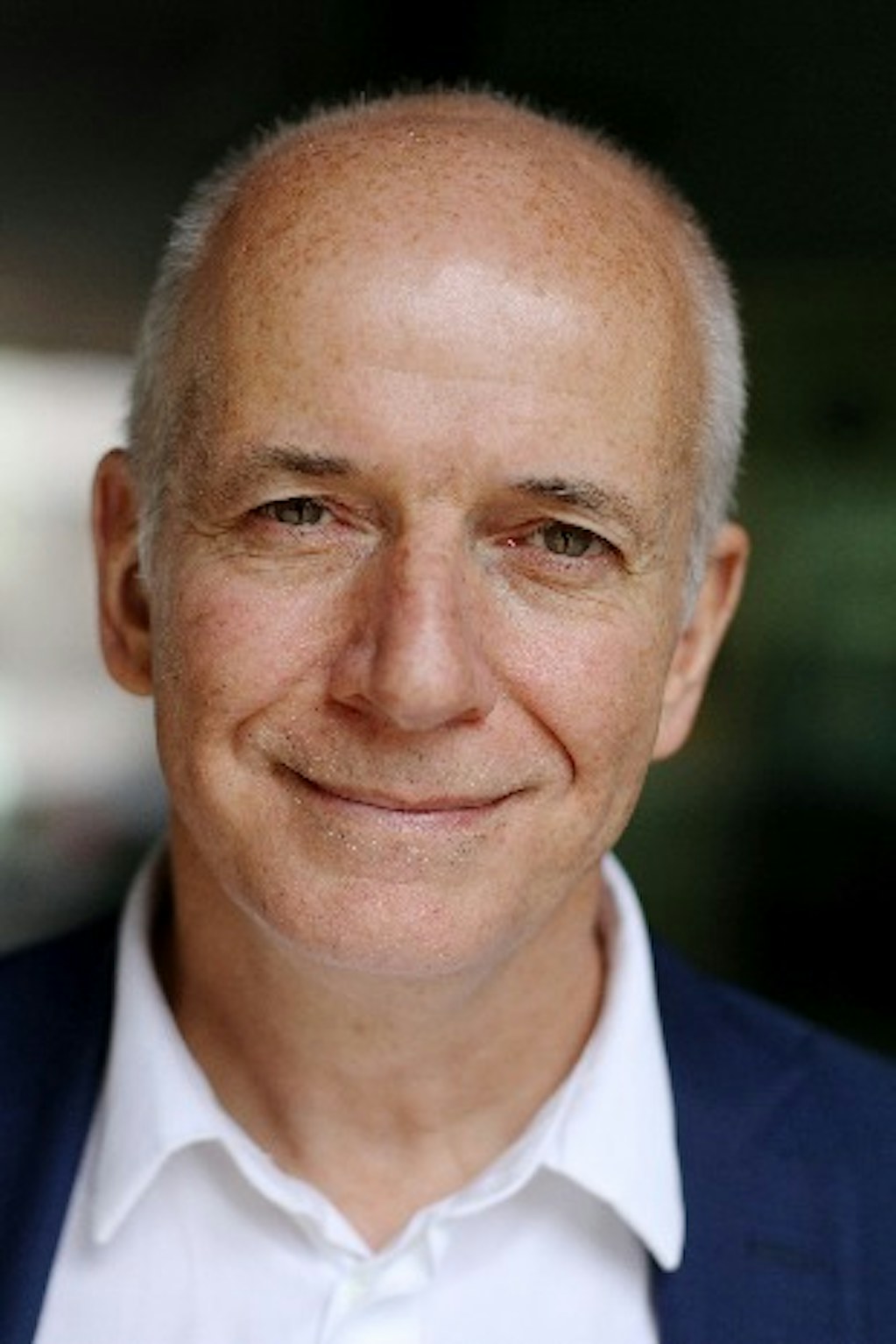Cross-examination: an interview with Chris Wright, CEO of Catch22
Tags
To shine a light on the state of the UK criminal justice system and the motivations and ambitions of those who work in it, we’re interviewing stakeholders across justice organisations from senior leaders to frontline staff.

For a third sector perspective, we interviewed Chris Wright, CEO of Catch22.
I was told I was far too idealistic… I want to remain idealistic.”
1. What’s your involvement with the justice system?
I’m Chief Executive of Catch22, a charity providing a range of justice services. We’re helping deliver the latest phase of Probation Reform, with nine personal wellbeing services across England. We’re the only third sector operator of a prison Offender Management Unit, at HMP Thameside. We run a range of victim support services. And we work with children at risk of criminality or exploitation.
We also like to offer our views on the future of the justice system.
I’m also on the Board of Unlocked Graduates – recruiting high quality graduates to work as prison officers. Catch22 was proud to incubate Unlocked when they started out, before they spun out as a brilliant independent charity.
2. What was your first job in justice and what originally motivated you to work in the justice system?
My first job was as an Assistant Warden at Kew Bail Hostel. Run by South West London Probation Service, it was providing accommodation for up to 20 men on bail with no fixed abode. That was in 1985.
It seems a long time ago. I used to do weekend shifts on my own. I remember sitting alone in the office, after the 11pm curfew, when a guy knocked on the door of the hostel and asked me if I would look after his gun. I was pretty sure it wasn’t sensible for him to have a gun, so took it and put it in the cupboard, before calling the police.
My motivation was all about becoming a probation officer. In those days you needed experience to secure Home Office sponsorship to train as a probation officer.
I was fascinated by the question of why some people got themselves into trouble with the law, and whether structural inequality blighted some people’s life chances. Radical views at the time!
My first boss said I was too idealistic. But I still hold the same beliefs: I still believe in redemption and rehabilitation. I want to remain idealistic!
3. What gives you most cause for optimism in your current role?
Last week I met with a group of Catch22 justice colleagues, together with our Chair and one of our Trustees. Between them, they were responsible for delivering some amazing projects: our London Prison Wellbeing contract, a gang exit programme and a pilot for the Probation Service around preventing recalls for people on licence. They were all young, in the early stages of their careers, but they showed this incredible sense of commitment and belief that they could make a difference to people’s lives.
Thirty-seven years after I started, I’m optimistic about the fact there are people across the system with that same motivation to make a difference.
I’m optimistic about the fact there are people across the system with that same motivation to make a difference.”
4. If you could fix one problem in the justice system, what would it be and why?
It’s difficult to limit it to one problem!
I would focus on the economics and divert people from the formal justice system to control demand.
I was part of the youth justice reforms in the early 2000s, which focused on preventing young people from coming into the system. We introduced Final Warnings, Reprimands and Referral Orders. It added up to a sustained focus on reducing demand, and it worked.
Repeating this for the adult system would require a longer-term plan – a more data- and evidence-driven approach to policy, and a more joined up system. It would also mean the justice system no longer dealing with the failures of other systems like health and education.
I appreciate the politics of this is difficult, but we can’t afford the prison capacity to lock up all the people our current approach requires.
The prison population has doubled since Douglas Hurd was Home Secretary, yet most people’s experience of crime hasn’t changed significantly. This gives me confidence it would be possible to have a conversation with the public about priorities - I have always been interested in Citizen Assemblies - and reinforces why engaging volunteers in the justice system is so important, whether as magistrates or Referral Panel members.
As a youth offending team manager in Nottingham, I remember trying to persuade two young Black women to join a Referral Panel and they said: “you don’t want people like us.” But they were exactly the kind of people we needed to involve. We need to engage with the public, so they understand how the system works.
5. Who or what has had the biggest influence on you and in what way?
I would pick out two people:
Malcolm Ayres was the Assistant Chief Probation Officer in Nottinghamshire who saw potential in me and gave me opportunities to develop a career in probation.
And Norman Warner, as the Chair of the Youth Justice Board (YJB), was an incredibly energetic and effective leader of the youth justice reforms. It was an exciting time and I wanted to be part of it, so I joined the YJB.
6. What’s the best advice you’ve ever had?
Norman Warner again. When I first joined the YJB I felt like a fish out of water in the civil service-style bureaucracy. Norman told me: “You have to seize your own authority,” which helped me navigate my way around Whitehall.
Also, Jim McKenna, the former Chairman of Catch22, told me: “You’re in it, now you need to manage your way out of it.” A reminder that things may be tough, but they will pass.
I had to rely on that when we found out that Catch22 hadn’t been successful in the original Transforming Rehabilitation competition. I can still remember hearing the news and thinking about how much of the charity’s funds I had blown. But we picked ourselves up and managed to get into the supply chains of several prime providers and ended up delivering some great services. And, ultimately, Transforming Rehabilitation didn’t work, so, with hindsight, we may have dodged a bullet!
7. What would you like to look back on and say you’ve achieved in relation to justice?
I’m proud to have had a career as a probation officer. And that extends to running an organisation now that’s closely associated with the original formation of the Probation Service – RPS Rainer, one of the organisations that merged to form Catch22, had its roots in the Victorian philanthropic tradition that gave rise to probation.
Beyond probation, it was great to be involved at the heart of the youth justice reforms. There was lots of attention on youth justice after a critical National Audit Office report and Labour’s election pledge to fix the system in 1997. It meant there were lots of brilliant people involved, resources were being thrown at it, and there were new ways of thinking, which was exhilarating.
Explore more










